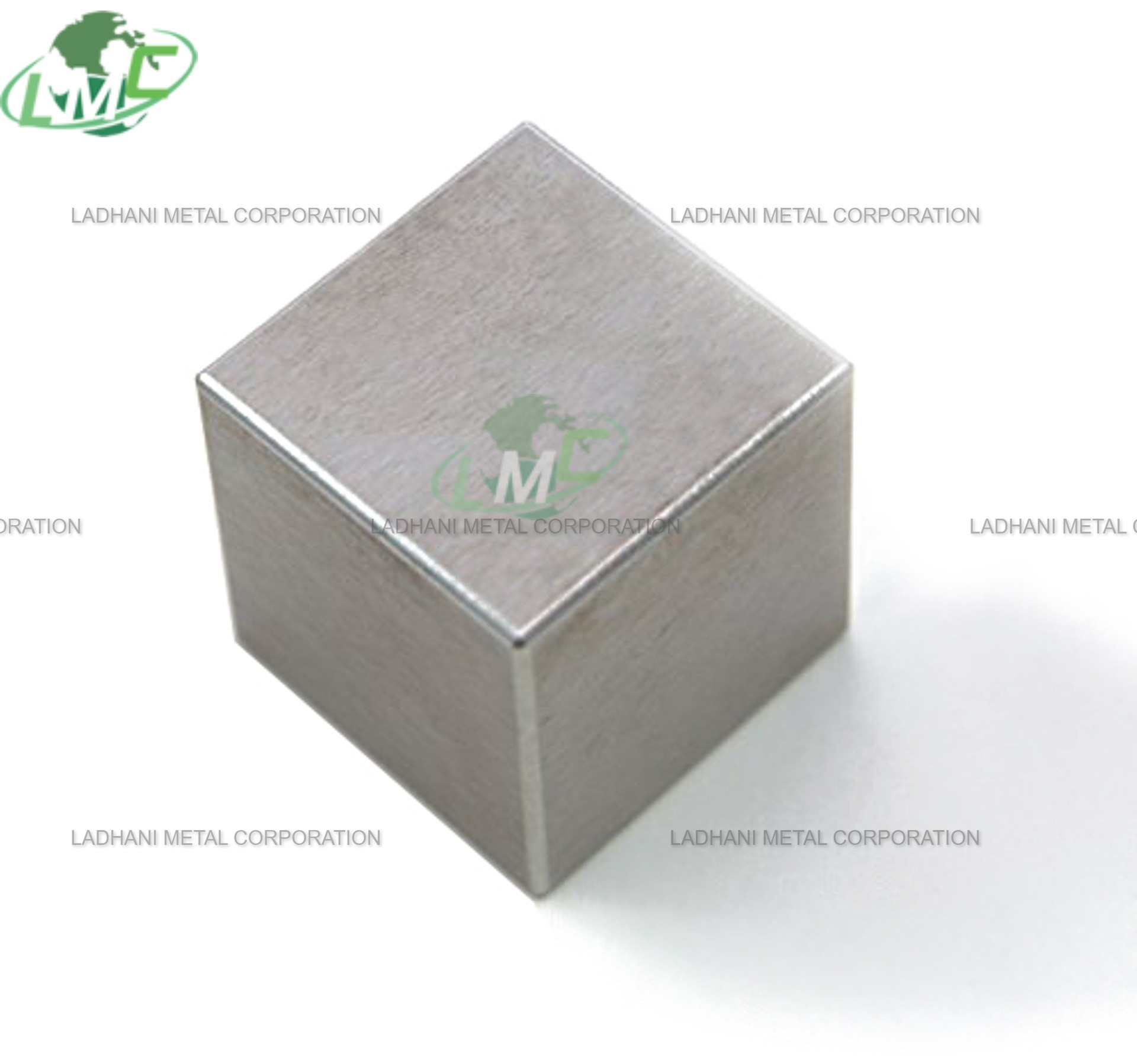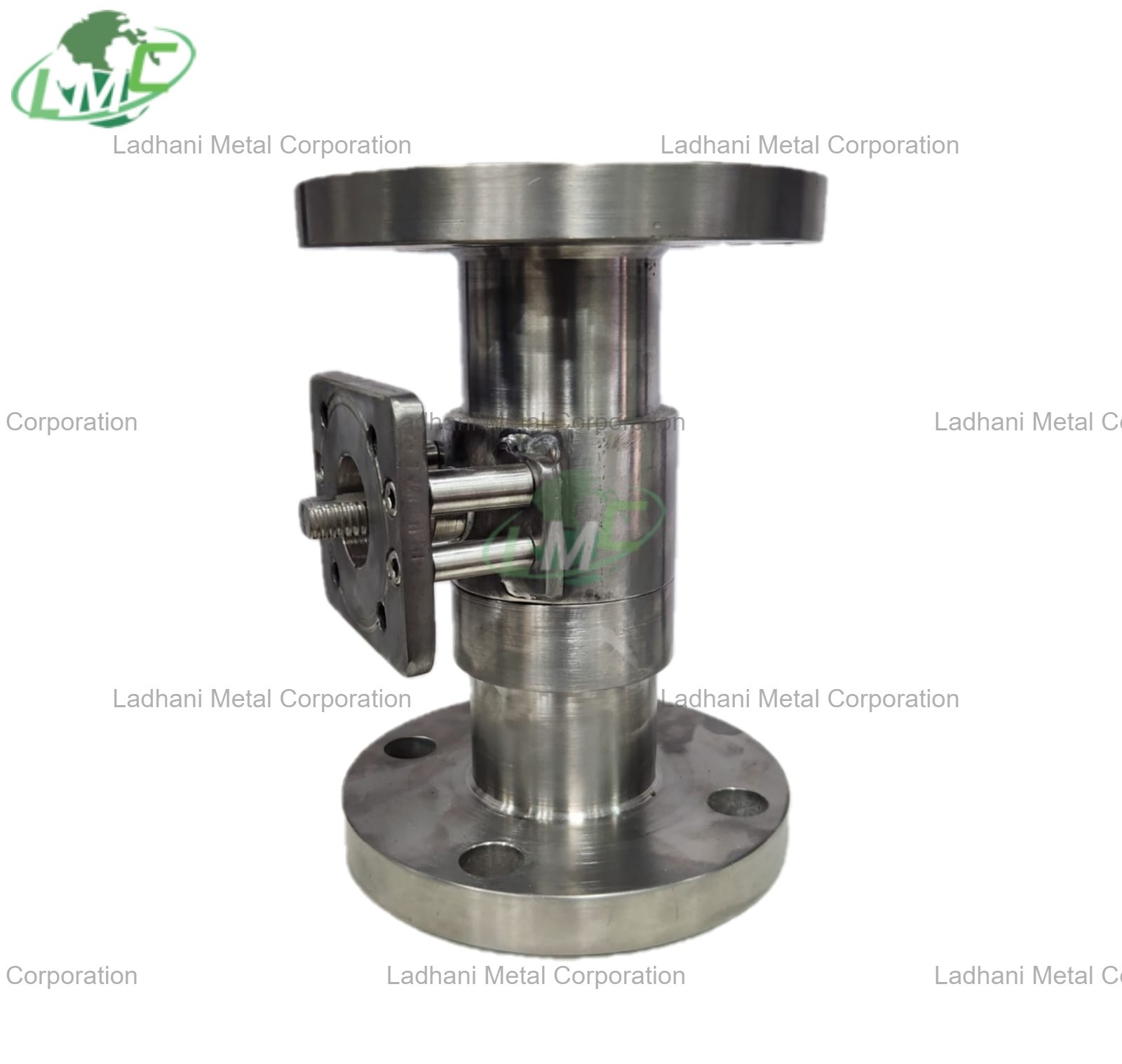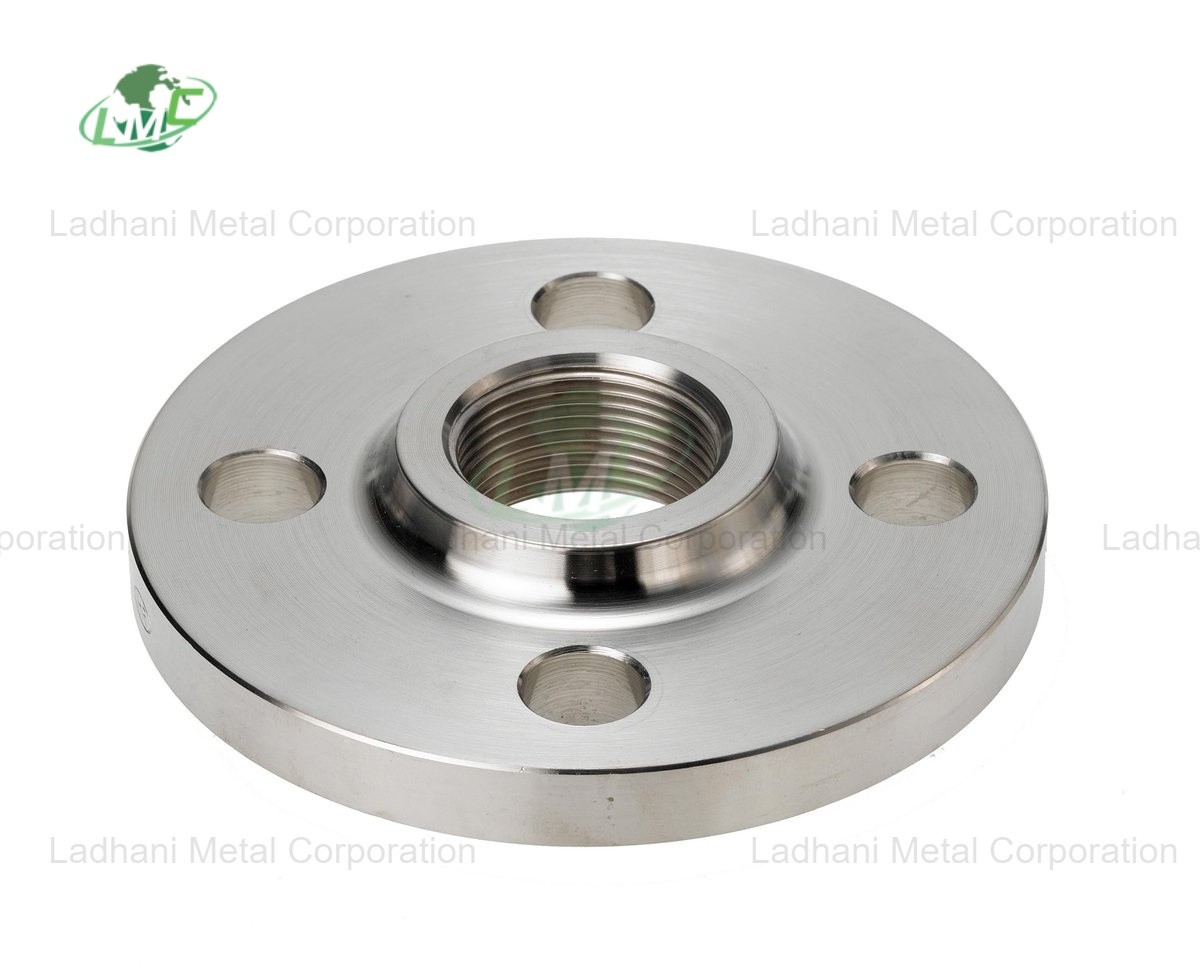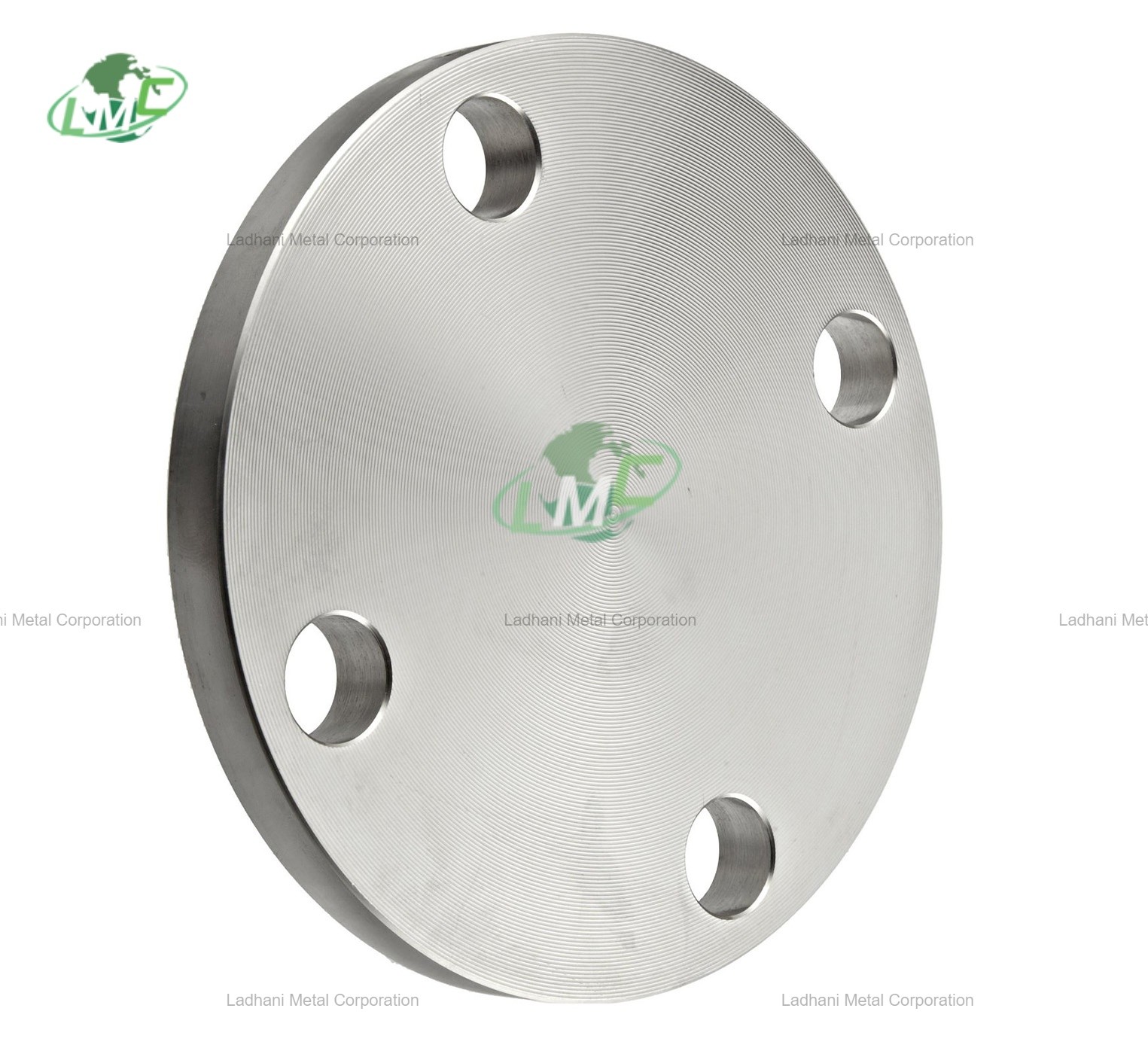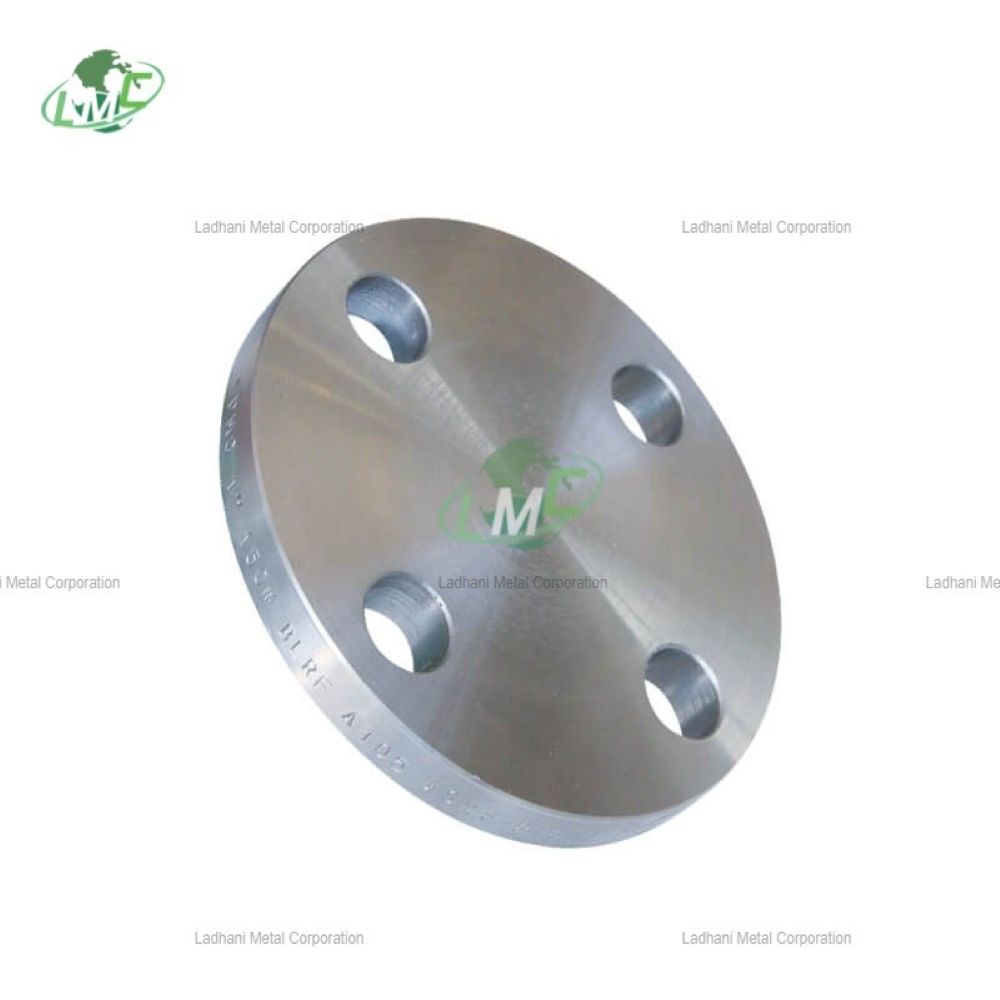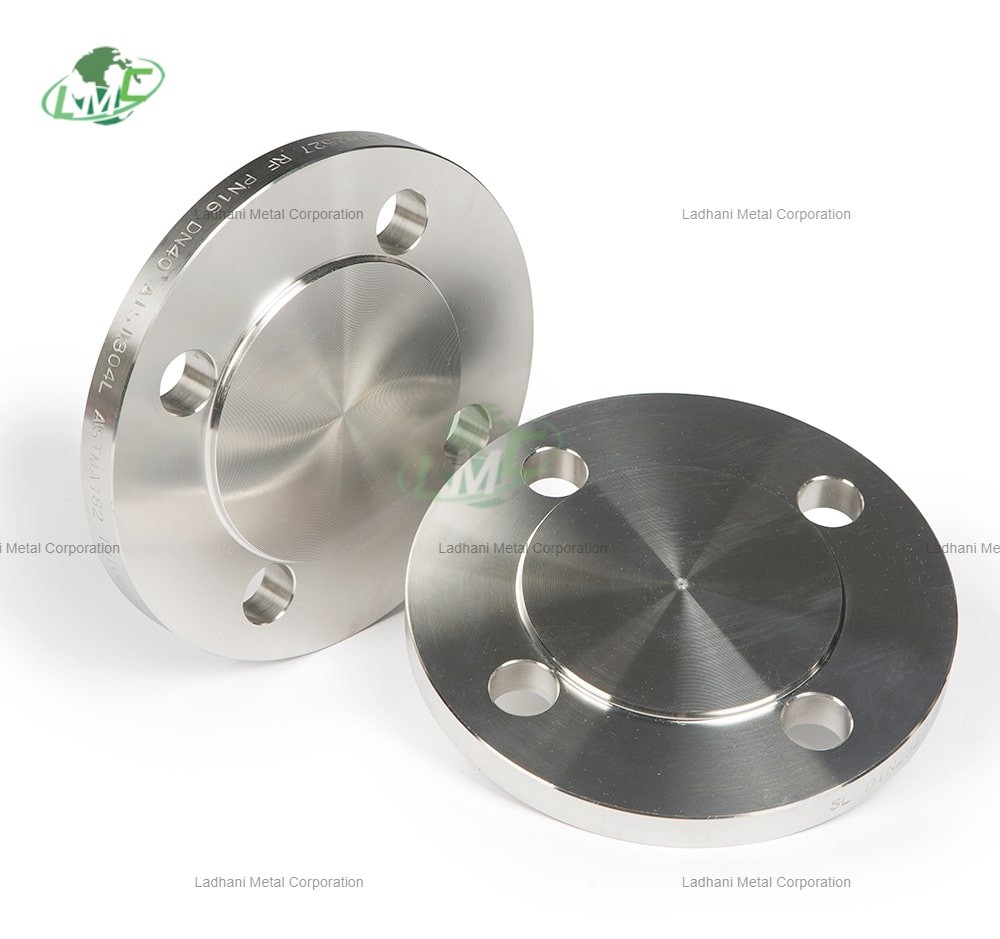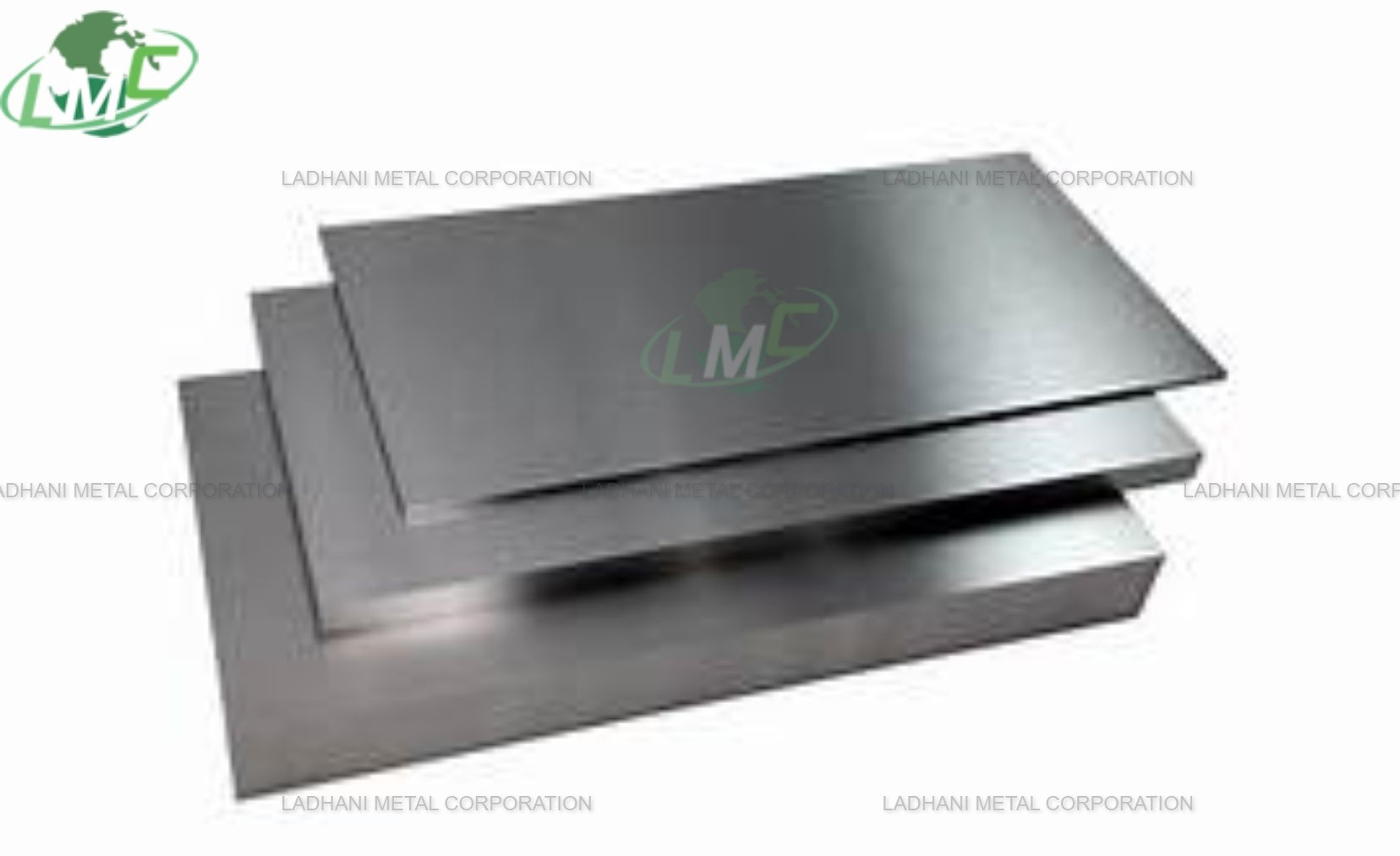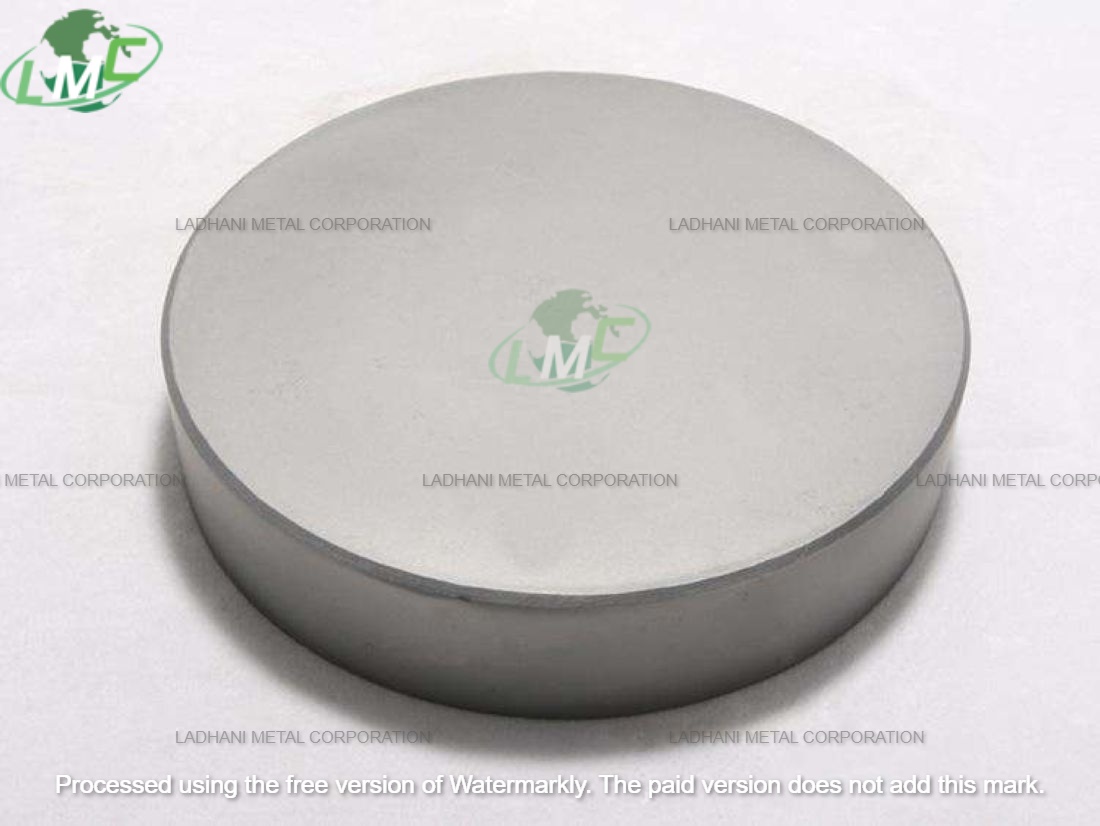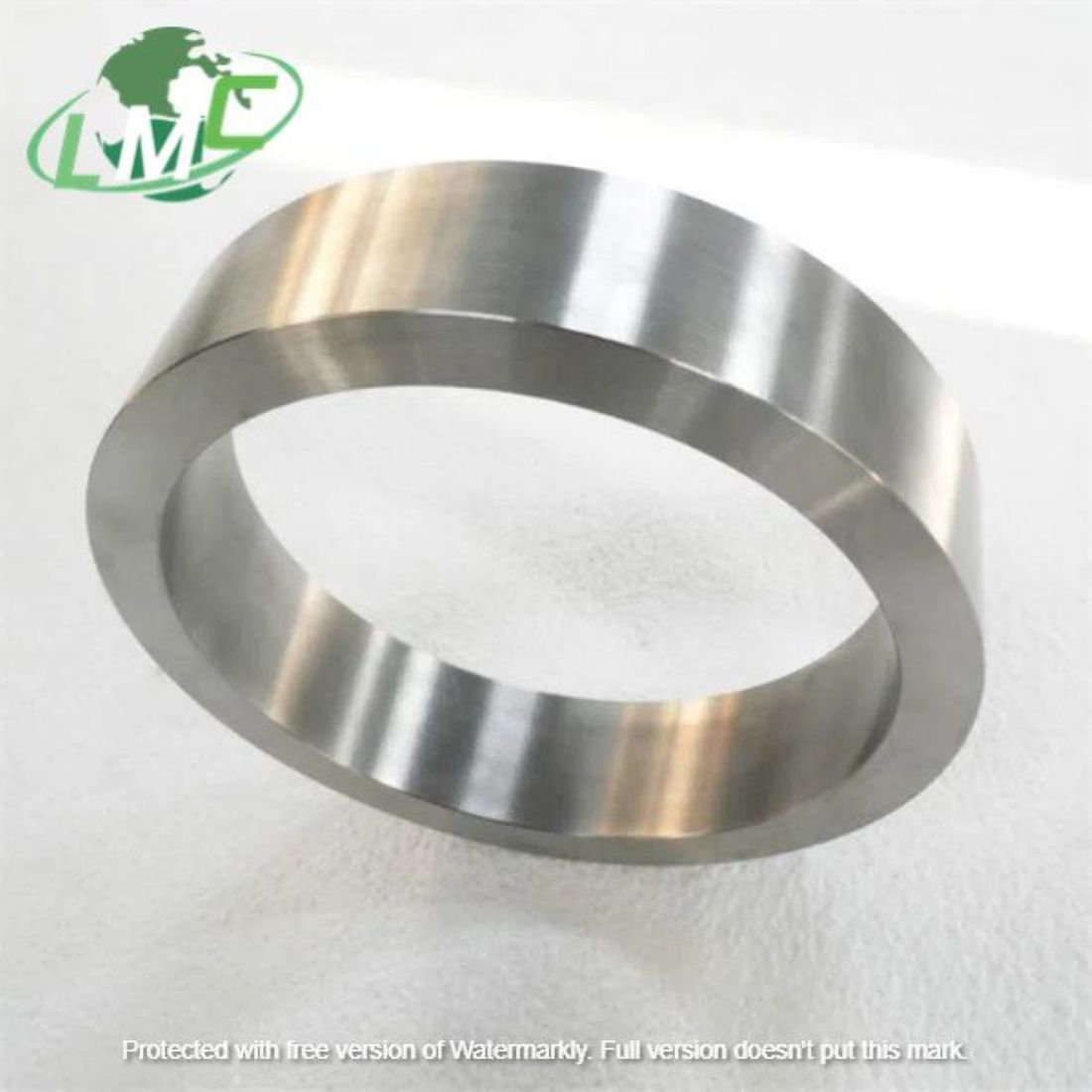A Molybdenum Block is a solid, rectangular or square piece of molybdenum metal, widely used in industrial and commercial applications that require exceptional heat resistance, strength, and durability. Molybdenum is a refractory metal known for its high melting point, corrosion resistance, and mechanical properties, making molybdenum blocks an ideal choice for use in extreme environments. Key Features of Molybdenum Blocks: o High Melting Point: Molybdenum has an exceptionally high melting point of around 2,623°C (4,753°F), allowing molybdenum blocks to perform effectively in high-temperature applications, such as furnace components, aerospace, and other industries where elevated temperatures are a concern. o Excellent Mechanical Strength: Molybdenum blocks possess excellent tensile strength, ensuring they maintain their shape and structural integrity even under heavy loads and mechanical stress. This makes them suitable for demanding environments where other materials may fail. o Corrosion and Oxidation Resistance: Molybdenum is highly resistant to oxidation and corrosion, even at elevated temperatures, which makes molybdenum blocks ideal for applications in chemically aggressive environments like chemical processing, heat exchangers, and reactors. o Thermal and Electrical Conductivity: Molybdenum has good thermal and electrical conductivity, which is particularly valuable in applications requiring efficient heat transfer or electrical performance, such as in electronics, electrical contacts, and semiconductors. o Workability: Although molybdenum is a relatively hard metal at room temperature, it can be machined and fabricated into precise shapes and sizes, including blocks, to meet specific requirements for industrial applications. Molybdenum blocks can be easily cut, milled, or ground to create custom shapes and finishes. o Ductility at High Temperatures: At elevated temperatures, molybdenum becomes more ductile, allowing it to be easily processed into complex shapes and designs when necessary. Common Applications: o Aerospace and Aviation: Molybdenum blocks are used in the manufacturing of aerospace components such as heat shields, turbine blades, and rocket nozzles due to their ability to withstand extreme heat and mechanical stress. o Chemical Processing: Molybdenum blocks are used in reactors, heat exchangers, and other equipment in the chemical and petrochemical industries. Their resistance to corrosion and high-temperature stability makes them suitable for handling aggressive chemicals and high-pressure conditions. o Electronics and Electrical Engineering: Molybdenum blocks are employed in electronics, such as in the production of filaments, cathodes, and components for vacuum tubes. Their thermal and electrical conductivity makes them ideal for these applications. o Metallurgy: Molybdenum blocks are commonly used in the manufacturing of specialty steel alloys, improving the strength and heat resistance of steel products. They are also used in producing molds, dies, and other metalworking tools. o Energy Sector: Molybdenum blocks are used in the energy industry, particularly in nuclear reactors, where their resistance to radiation and high temperatures is critical.
Send Message
